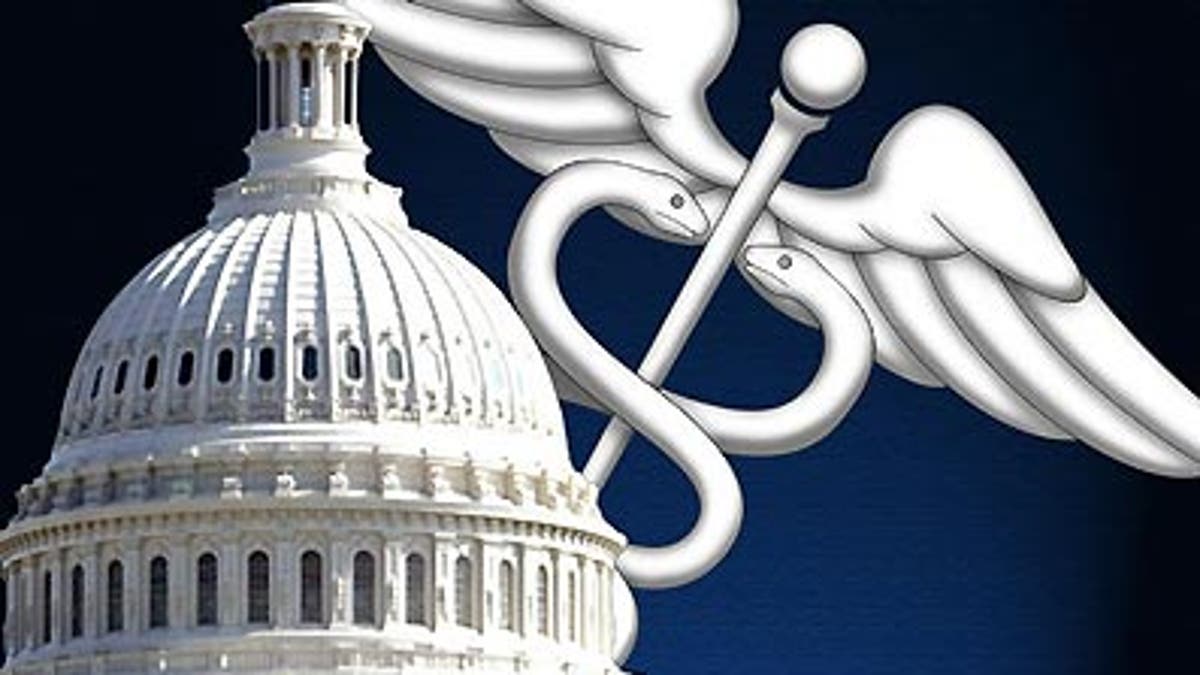
AP
In my opening remarks on behalf of Republicans at the White House health care summit on Feb. 25, I said that millions of Americans under the Democratic plan would pay higher individual insurance premiums. The president said I was wrong. I then cited a Congressional Budget Office report on the Senate passed bill , and rather than dispute the president of the United States in public, I decided to send him a letter explaining my claim, which I did the same day.
In my letter to the president, I pointed out that under the president’s health insurance plan, which mirrors the Senate’s bill, millions of Americans’ individual premiums would go up, because of many reasons, including one-size-fits-all government mandates and taxes that are passed on to consumers. Further, when you dump 15 to 18 million people into a program called Medicaid, which doesn’t pay the doctors and the hospitals well enough to take care of these individuals, then the hospitals will shift the costs onto people with private insurance. In other words, their private premiums will go up. Also, premium costs for young people will go up under this plan, because if you put in a rule that says my insurance at my age can only be a certain amount higher than my son’s insurance, then his insurer will charge him more to make up the difference. Finally, a scheme like the Democratic plan depends upon requiring everybody to buy insurance, but their penalty to encourage that is weak, and I suspect many young and/or healthy people would just rather pay the $750 fine rather than buy the $2,500 insurance policy, which they can’t afford.
The president made the point in his usual, persuasive way that, even if your insurance costs more, you’d be getting better insurance. But as columnist George Will said on ABC’s “This Week” last Sunday, “If the government required you to buy a better, more expensive car, even if it was better than the car you’ve got, it would still be more expensive.” And that’s the case with the president’s health care plan.
In fact, individual premiums will go up for millions of Americans who buy individual policies—even more than they otherwise would over the next several years, and we all know how rapidly they’re rising. The whole exercise that we’ve been going through over the last year with health care reform was supposed to bring premiums down—not help drive premiums up.
Common sense tells us that if you tax an insurance company or a medical device company or a manufacturer of drugs, they’ll pass the taxes on to whom? The answer is: to us -- the people who are buying the insurance policies, or medical devices or drugs. In fact, the president’s proposal does just that.
His plan has a 40% excise tax on high-cost private insurance plans which we call “Cadillac Plans.” Congress’ Joint Committee on Taxation, on February 24, said that a 40% excise tax will raise $7 billion, almost all of which will be passed along to consumers in the form of higher insurance premiums.
And there are other taxes in the president’s proposal—up to half a trillion dollars in new taxes, which will be passed on to consumers: $20 billion on excise taxes on lifesaving medical devices, $33 billion on drugs, $60 billion on health insurance companies.
The American people have tried to say in every way they know how to say that they don't want this bill – through the elections in New Jersey, Virginia, and Massachusetts; through surveys and townhalls – that they would like us to start over. If we do that, we can write a good health care bill – one that sets as its goal reducing – not increasing – costs, both to individuals and to their government. It means putting aside this idea of jamming the Senate Democrats’ bill through the House with a legislative gimmick. And it means going step by step together to re-earn the trust of the American people.
Lamar Alexander is a Republican Senator from Tennessee and chairman of the Senate Republican Conference.
Fox Forum is on Twitter. Follow us @fxnopinion.
